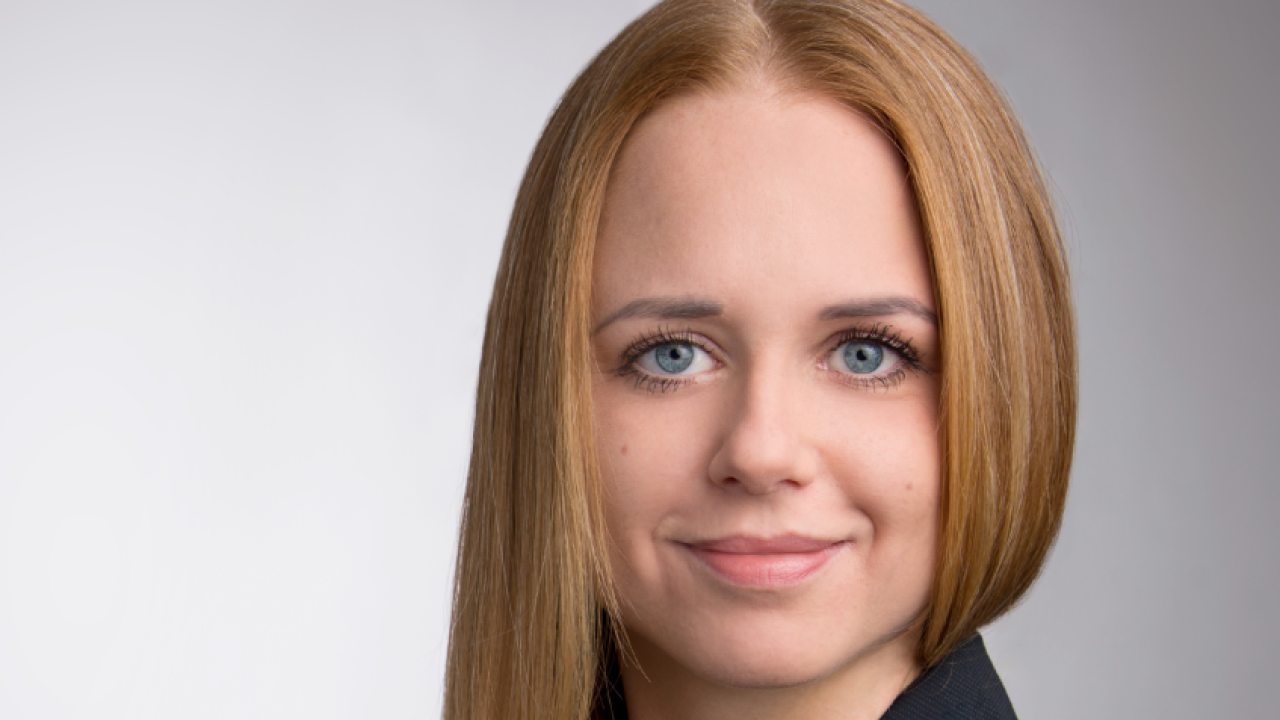
Event Date
A recording of this talk is available at this link.
CARINA RENATE OEHRN, MD, PHD
Assistant Professor, Department of Neurological Surgery
Center for Neuroscience
UC Davis
This is an in-person event.

Registration for remote attendance is limited to colleagues from the Sacramento campus and those working remotely: https://tinyurl.com/NeuroengOct25
Host: Wilsaan Joiner, PhD, wmjoiner@ucdavis.edu
Abstract
Dr. Carina Oehrn will discuss how neural oscillations can be leveraged to develop next-generation neuromodulation therapies for Parkinson’s disease (PD). She will present findings from a study where she and coauthors recorded chronic subthalamic and cortical local field potentials in four patients with PD using sensing-enabled deep brain stimulation (DBS) devices. In the first step, they tracked symptom fluctuations in daily life and identified the associated neural signatures. Second, they developed closed-loop stimulation algorithms that adjusted therapy in real time in response to these signals. Compared with continuous DBS, adaptive stimulation halved motor symptom duration and improved quality of life. This work represents the first chronic, blinded, randomized real-world implementation of closed-loop DBS. Dr. Oehrn will then present a study demonstrating how neural signals can guide adjustments to continuous DBS settings. In this work, her team applied theta-frequency stimulation to the subthalamic nucleus in patients with PD, a rhythm associated with cognitive function in this region, and showed that it enhances working memory in a frequency- and task-specific manner. Finally, she will give an outlook on ongoing projects, including the first human recordings from the cerebellum during emotional and cognitive processing and chronic recordings from the subthalamic nucleus during cognitive processing in PD.
Bio
Dr. Carina Oehrn is a physician‑neuroscientist at UC Davis, where she leads a lab at the Center for Neuroscience and the Department of Neurological Surgery. Her team specializes in human intracranial recordings and deep brain stimulation, with a focus on the neural networks underlying non‑motor symptoms in movement disorders. Her goal is to harness neural signals to develop new neuromodulation therapies for cognitive and affective symptoms using frequency‑based stimulation strategies and adaptive DBS.
She received her undergraduate degree in Neuroscience from the University of Cologne, Germany, and her master’s degree in Brain and Mind Sciences from University College London and the École normale supérieure in Paris. Carina completed her medical studies and PhD at the University of Cologne and Bonn, Germany, where her research focused on prefrontal-hippocampal interactions during executive functions. Throughout this time, she undertook research stays at the Montreal Neurological Institute and the University of Sydney, as well as clinical volunteering in Shanghai, China, and The Gambia.
She then received funding for her own research group in Marburg, Germany, to investigate the neural signature of DBS effects on cognitive processing in Parkinson’s disease. In 2021, she received the Parkinson Fellowship of the Thiemann Foundation to join Philip Starr at UCSF as a visiting scholar, where she focused on developing algorithms for adaptive deep brain stimulation.
